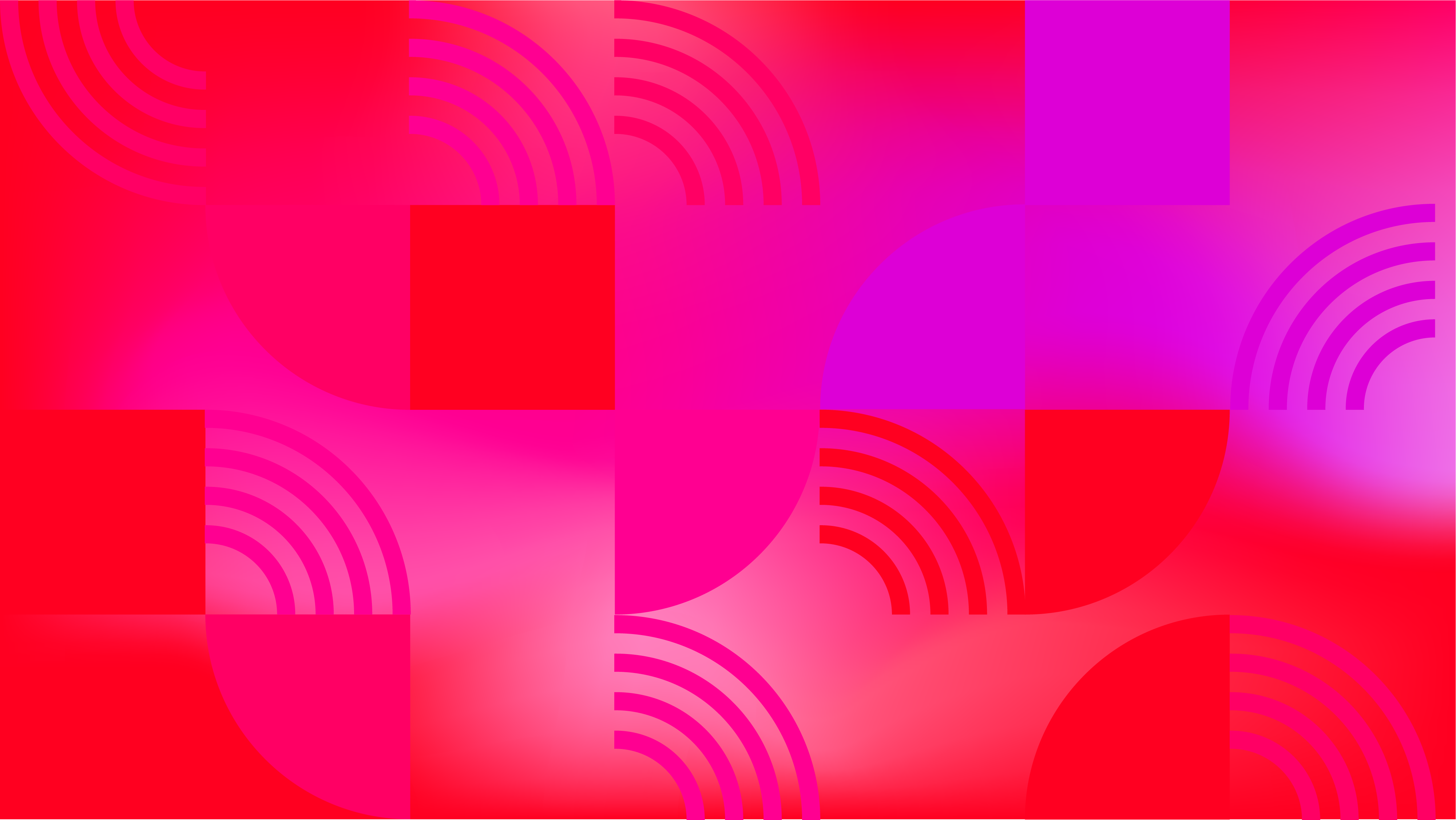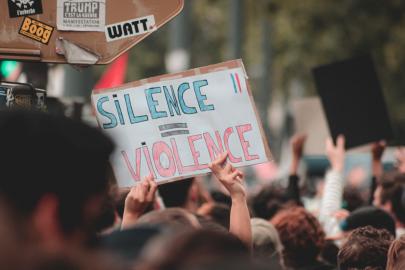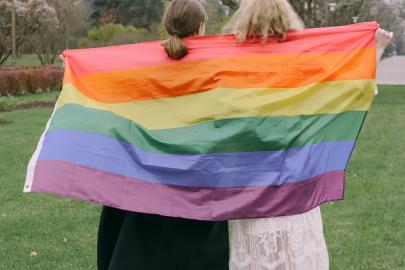
Global Program
LBQ Connect
LBQ Connect is a global feminist program aimed at boosting the work and visibility of lesbian, bisexual and queer activism worldwide.
The program strengthens LBQ movements and makes a concrete difference in the lives of lesbian, bisexual and queer (LBQ) women by enhancing the capacity of LBQ activists, supporting the work of existing and new groups, collecting data and raising the visibility of LBQ issues and leaders.
LBQ Connect refers to LBQ women as a term inclusive of lesbian, bisexual and queer women, including cisgender, trans and intersex women, and all non-binary or genderqueer people on the gender spectrum who relate to an LBQ identity.
Our newest publication, "Summary of Consultations on LBQ Advocacy and Research Priorities," is now available!
About LBQ Connect
As the forms of marginalization experienced by LBQ women are multifaceted, the program uses different strategies to strengthen the work of the LBQ movement.
That’s why LBQ Connect is composed of 4 main components that are strongly interconnected:
The program's first step focuses on strengthening the skills and capacities of LBQ activists. LBQ Connect is intended for new and aspiring LBQ activists and more experienced activists who feel they need to boost specific skills or want to contribute to supporting other activists’ growth. We offer a range of training opportunities, workshops and peer learning sessions using different formats and facilitation techniques to meet the needs and learning styles of all participants. The mentorship program builds solidarity and connection among different generations, forms of activism and regions and contributes to a stronger ecosystem within the global LBQ movements. In the first year, we selected 50 LBQ activists and 50 LBQ mentors, who supported and advised them during the program. In our second year, we have eliminated the language of mentor and mentee to foster horizontal learning and dismantle hierarchical power dynamics. The program now consists of 100 LBQ activists who each have a mentoring partner with whom they can grow. It also includes regional peer-learning groups to strengthen regional networks of LBQ activism.
This second component shifts from the individual to the movement level. The grants support LBQ-focused projects of different kinds, such as the establishment of new LBQ groups or strengthening existing organizations; mainstreaming of LBQ agendas in non-LBQ-focused organizations (LGBTIQ, feminist, human rights, etc.); alliance building with other movements and organizations around key issues; planning and implementation of advocacy strategies and LBQ-focused research initiatives. In the program's first cycle, we supported 31 projects implemented by members of the LBQ Connect cohort. These members partner with organizations for up to 12 months to carry out the projects.
During the program, the Outright research and program teams, in cooperation with civil society partners, develop LBQ-focused research initiatives on topics identified based on an assessment of needs and gaps with input from program participants. Selected program participants also carry out their research projects with funding from LBQ Connect’s grantmaking program. LBQ Connect-funded research projects are expected to abide by feminist participatory research principles and last up to nine months.Outright funded 12 research projects from program participants during the program's first cycle.
Data provided by the research component, as well as needs and priorities expressed across the learning and grant program, informs Outright’s LBQ advocacy agenda. The program contributes to international advocacy within human rights mechanisms and the sharing of LBQ movements’ wealth of knowledge on national and regional advocacy. Throughout the program, Outright and its partners raise awareness about LBQ communities and issues, especially those most marginalized and structurally underfunded, with governmental funders as well as private donors.
Within global LGBTIQ movements, as well as in feminist movements, democracy and human rights movements and in society overall, LBQ women are routinely marginalized.
LBQ women and non-binary people confront misogyny, homophobia and heteronormativity and often live in hostile contexts at the intersections of gender, sexuality, race, class and disability. These power dynamics and social norms expose them to a unique set of human rights violations, including particular risks of violence and discrimination in accessing education, health care, housing and employment. Data on the experience of LBQ women is scarce, which negatively impacts the visibility of LBQ issues and their relevance in advocacy agendas. Consequently, the rights and issues of LBQ women are radically underserved and under-resourced. Only 5% of global LGBTIQ funding (which itself represents less than 1% of all foundation and government funding) is specifically directed to LBQ issues, according to various sources like Astraea Lesbian Foundation for Justice, Mama Cash and the Global Philanthropy Project.
In the last decade, LGBTIQ movements have greatly accelerated legal and social progress worldwide, often led by extraordinary LBQ women activists doing groundbreaking work. Still, LBQ activists are made invisible, are disproportionately affected by restrictions on assembly and expression and often cannot access policymakers or influential stakeholders. LBQ women remain underrepresented in leadership roles, even among LGBTIQ civil society organizations. In some places, emerging organizations for LBQ women have vanished due to external opposition. In other cases, LBQ women are never given the opportunity to have organizations of their own.
Outright believes that a strong LBQ movement is essential to advance human rights for all LGBTIQ people and improve all women's lives.
LBQ Connect is designed to strengthen LBQ activism and boost the visibility of LBQ issues and leaders around the world.
As such, the program's primary target is LBQ women. In the framework of the program, LBQ focuses on sexual identity and is inclusive of lesbian, bisexual and queer women, including cisgender, trans, intersex and non-binary people on the gender spectrum who relate to an LBQ identity.
For many people, labels are often inadequate or unwanted, language is limited, and gender exists on a continuum. LBQ, in this context, serves as the operational definition and key inclusion criteria for participation in this program.
(This terminology is inspired by the Astraea report “Vibrant yet under-resourced: the state of lesbian, bisexual, and queer movements,” which in turn was based on broad consultation with activists.)
Outright recognizes that LBQ identities and experiences intersect with other markers of identity and experience, such as race, nationality, age, religion and economic background, and we prioritize marginalized LBQ women throughout our work.
In the LBQ Connect program, we welcome all participants who self-identify as LBQ women and have some identification, affinity or attachment to LBQ issues, work and movement building. We discourage participants who exclude transgender, intersex or non-binary people in their work, as they are not a good fit for our program.
The LBQ Connect learning program is for all LBQ activists and aspiring activists who feel the need to strengthen their skills. It is also for LBQ women from other movements (climate, sexual and reproductive rights, anti-corruption, indigenous, etc.) who want to connect to LBQ activism.
Outright implements the program with the support of a Sounding Board of LBQ activists:
- Rituparna Borah - India - Nazariya Foundation
- Shamah Bulangis - Philippines -Visayas LBTQ Network
- Sri Agustini - Indonesia - Ardhanary Institute
- Zahar Sekerbayeva - Kazakhstan - Feminist Initiative “Feminita”
- Andrea Ayala - El Salvador/Belgium - GIRWL (Global Independent Refugee Women Leaders)
- Cristina González - Colombia - Corporación Femm, LESLAC
- Maria Fontanelle - Saint-Lucia - ECADE
- Andre Rivas - Argentina - AFDA - Familias Diversas
- Mino Likwasi - Zambia - Women’s Alliance for Equality Limited (WAfE)
- Francoise Mukuku - DRC - Amazone Advisors
- Akudo Oguaghamba - Nigeria - Women’s Health and Equal Rights Initiative (WHER)
- Sam Adam - Sudan/Germany - Taga collective
Outright launched the third cycle of LBQ Connect in March 2023 in conjunction with International Women’s Day, Women’s History Month and the United Nations Commission on the Status of Women.
3rd Cycle - March 2024 - June 2025
|
8 March 2024 |
Call for applications for 100 participants to the Learning and Mentorship program. |
|
8 April 2024 |
Deadline for the submission of applications. |
|
8 May 2024 |
Selection of participants is completed. |
|
May 2024 - February 2025 |
Learning and mentorship program. |
|
July 2024 |
Call for project proposals for the grant program (only for participants in the learning and mentorship program). |
|
October 2024 |
Projects funded and start of the implementation. |
Research and advocacy activities will be conducted throughout the program period.
Please note that only learning and mentorship program participants will be invited to apply for the grant program. Participants may also have opportunities to participate in Outright initiatives such as UN Advocacy Week, CSW, and other in-person convenings.
Do you have questions regarding any aspects of the program, including accessibility? Don’t hesitate to send them to LBQconnect@Outrightinternational.org
Impact
In the first year, the program connected 100 LBQ activists from all over the world. They joined mentorship and peer-learning activities and participated in around 30 learning sessions and networking events. Some joined international events, and 31 received funding to implement LBQ-focused projects with their organizations.
In the medium term, through LBQ Connect, activists make LBQ issues and leaders stronger and more visible at international, regional and national levels. Participants have the confidence, skills and experience to organize, build alliances, raise awareness and advocate for laws, policies and resources to eliminate the inequalities and discrimination that affect LBQ women every day. They also have strong global and regional peer networks for sharing ideas and collaborating across borders.
In the long term, LBQ Connect will contribute to a worldwide LGBTIQ and feminist movement with diverse LBQ women in leadership and decision-making roles, and LBQ issues and needs will be more central in these movements’ advocacy work. LBQ women leaders will become more effective role models for future generations. Decision-makers in governments and international human rights mechanisms will be more aware of LBQ issues and needs and will become allies for the full equality of LBQ women.
LBQ Connect has been supported by contributors and partners, including the Global Equality Fund, S&P Global Foundation, World of Women, the Bill & Melinda Gates Foundation, the Lesbian Equity Fund, LesbianGlobal, Channel Foundation, Lesbians for Good, Linksbridge Foundation, Horizons Foundation, Women Tribe, Honey Badges, and other donors.
You can support LBQ Connect by donating or contact Katie Hultquist.
Listen to the experiences of LBQ Connect members from the 2022 cohort.
Latest News and Commentary
Killing of Three Lesbians in Argentina Signals Need for Attention to Anti-LBQ Violence
LBQ Connect •
Argentina |
Amplifying Evidence on LBQ Lives During Women’s History Month
LBQ Connect • Gender-Based Violence •
Global | Tajikstan | Americas |

Take Action
When you support our work, you support a growing global movement and celebrate LGBTIQ lives everywhere.
Donate Now
